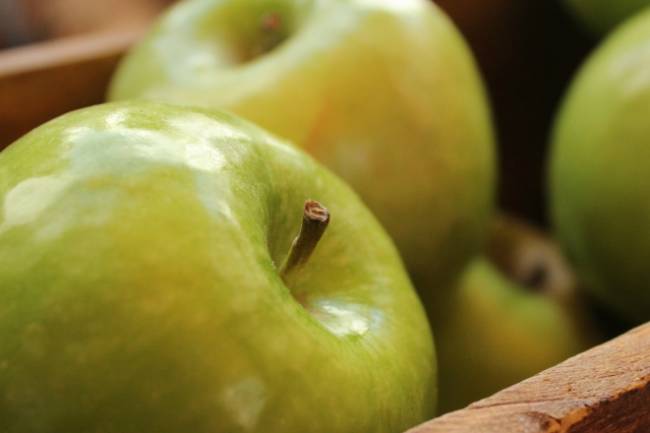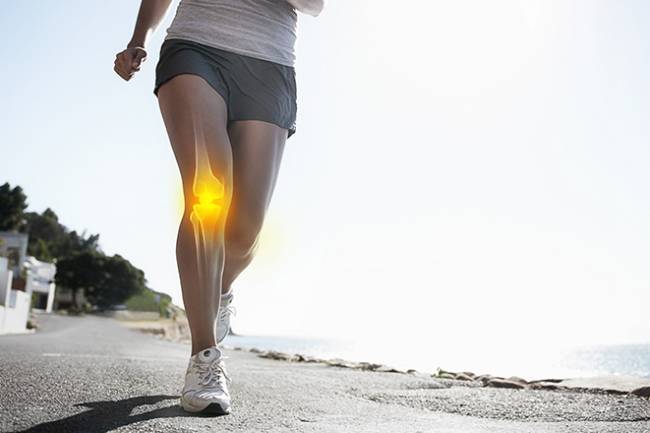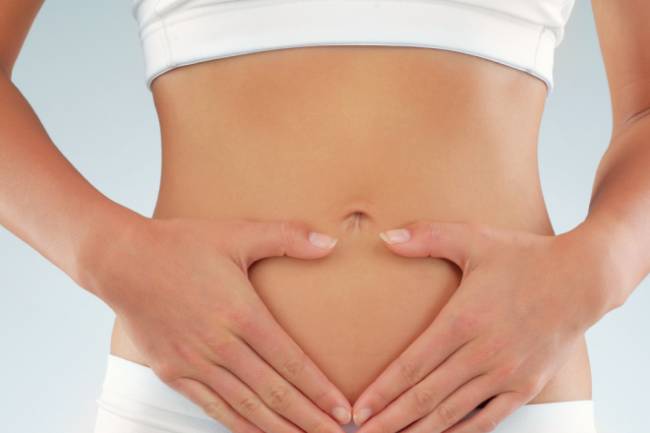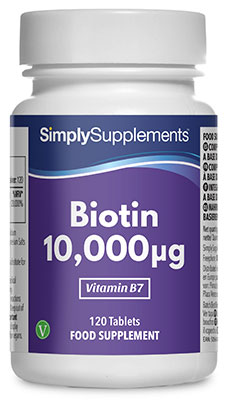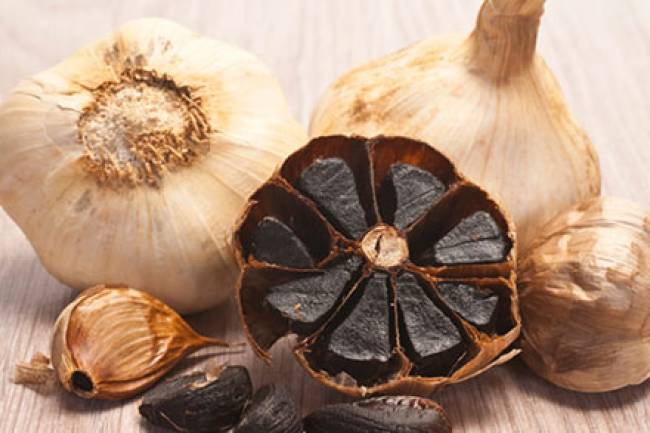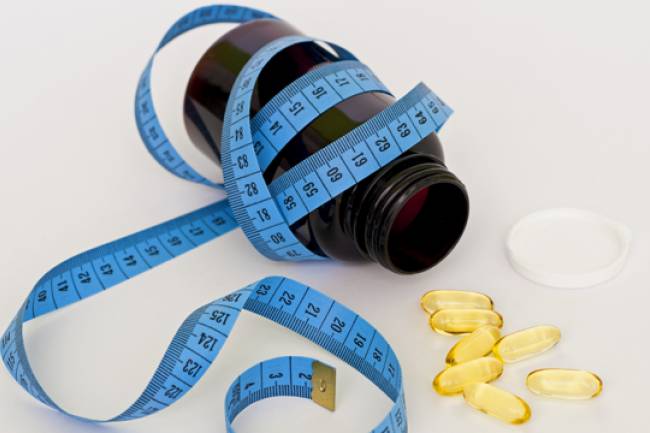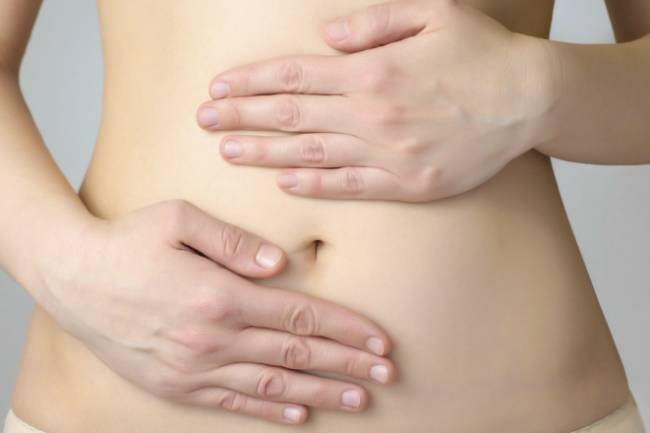Health Benefits of Biotin (Vitamin B7)
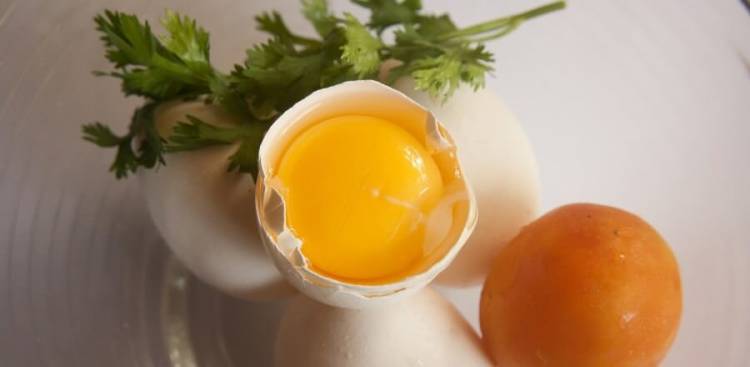
Biotin is an important component in the hair, skin and nails, and has become the go to beauty vitamin for those suffering from hair loss, brittle nails or dry skin. Here we look at the many ways biotin benefits health and well-being.
What is Biotin?
For such a tiny nutrient, biotin has a lot of names; vitamin B7, vitamin H, and coenzyme R, to name just a few. Initially discovered in yeast in 1927, it was later classified as a member of the vitamin B family (B7) due to the essential role it plays in the metabolism of proteins, carbs and fats. Its name derives from the Greek word ‘Biotos’ which translates as ‘life’ or ‘sustenance’, and reflects biotin’s integral role in releasing energy from food to give life to all cells in the body.
Biotin is a water-soluble vitamin, which means that it is not stored in the body and so needs to be consumed daily. It can be found in foods such as oats, but if you struggle to get sufficient amounts from diet alone, a biotin supplement can be beneficial.
Biotin Benefits
- Cellular energy: Biotin assists in the metabolism of fats and carbs into glucose, and breaks down protein into amino acids. This ensures that the body gets the most out of the nutrients it consumes in order to produce energy for the creation of new cells. If you are low on biotin, chances are you will feel tired, fatigued and short on energy.
- Skin: Biotin helps to break down fatty acids, which are then distributed to vital organs around the body, including the skin. These fatty acids protect the skin's cells against damage and water loss, and so help to retain moisture and prevent dry, itchy skin. Low levels of biotin may cause fat production to be altered, the first signs of which are often on the skin. Biotin is also used to treat dry scalps and dandruff.
- Hair: Biotin is sometimes referred to as vitamin H, which represents the German word Haar (hair). Its role in the metabolism of fatty acids helps to nourish hair follicles and supports the matrix of hair to prevent thinning or breaking. Many people take high levels of biotin for hair loss as it has been observed to accelerate its growth. In men, biotin has also been used to help thicken patchy or thin beards.
- Nails: Biotin assists in the production of keratin, which is the main protein in the nails and is helpful in strengthening brittle fingernails. One uncontrolled study reported a 67% to 91% improvement in the condition of nails. A separate six-month trial found that a daily intake of 25mg resulted in a 25% increase in nail thickness. Every person involved in the study reported improvements, while half also reported less nail splitting. It has also effective at treating hoof abnormalities in animals. However, many of the clinical trials to date lack quality and larger, placebo-controlled studies are required.
- Multiple Sclerosis (MS): High doses of biotin may be beneficial in the treatment of progressive MS due to its role in the production of cellular energy and boosting nerve function. Although the causes of MS are not yet fully understood, it is thought to occur when there is a mismatch between increased energy demand and decreased energy production because of damage to the mitochondria in cells. This means cells can’t function properly. A year-long, placebo-controlled study involving 154 patients with secondary or primary progressive MS found that a daily intake of 300mg of biotin clinically improved symptoms in 91% of patients. Further research is ongoing.
- Diabetes: Low levels of biotin can impair glucose utilisation and increasing biotin intake may help to reduce nerve pain in diabetics. One trial found that a daily intake of 9mg for two months dramatically reduced fasting glucose levels. A combination of biotin and chromium has also been shown to lower blood sugar levels in people with poorly-controlled diabetes.
Sources of Biotin
While the body is unable to make biotin, certain bacteria that colonise in the small and large intestine have the ability to synthesise it. Most people will consume sufficient amounts of biotin through their diet, particularly by eating biotin-rich foods such as egg yolk, liver, and whole grain cereals. Biotin supplements can safeguard against deficiency. These are available as single ingredient supplements or as part of a vitamin B complex supplement or multivitamin.
How Much Do I Need?
The ideal biotin intake depends on the consumer’s health, age, and lifestyle. While the Department of Health has not set a recommended daily allowance (RDA), it has established that intakes between 10mcg and 20mcg are both safe and adequate for most adults, while several clinical trials have shown that an intake as high as 25mg can be beneficial in the treatment of brittle nails. This vitamin is water soluble, which means that the body can’t build a store of it, and so it needs to be consumed daily.
While biotin is widely used to treat alopecia in children, there is no recommended dosage which is known to be safe. Therefore, biotin supplements should only be taken by children under the supervision of a medical professional.
Biotin deficiency is rare and can also be hard to test, so symptoms are often used for diagnosis. Common biotin deficiency symptoms include:
- Hair loss (alopecia) often with loss of colour
- Scaly red rash around the eyes, nose, mouth or genital area
- Depression
- Lethargy
- Hallucinations
- Numbness and tingling in the hands and feet
- Unusual facial fat distribution
Certain people may be at higher risk of biotin deficiency or insufficiency, including:
- MS sufferers may benefit from as much as 600mg per day. This dosage should only be consumed under medical supervision and should not be taken as a replacement for conventional treatments.
- Those taking anticonvulsant (anti-seizure) medications may have low concentrations of biotin in the blood as these medications commonly deplete the body’s natural biotin absorption. Again, biotin supplements should only be taken alongside medication with the approval of your doctor.
- Those who are receiving kidney dialysis may also benefit from extra biotin.
- Long-term use of antibiotics can kill certain digestive bacteria that are needed to synthesise biotin.
- Smokers may need higher intakes as evidence suggests that cigarette smoke can cause mild biotin deficiencies.
- Heavy drinkers should consider a biotin supplement as alcohol is also known to lower biotin levels.
- Athletes and those who regularly partake in intense physical exercise may find that their biotin levels are low, making them vulnerable to muscle aches and fatigue.
If you are in one of the ‘at-risk’ groups above and are concerned that you may be displaying symptoms of biotin deficiency, check with your GP for medical advice.
Biotin Side Effects and Interactions
Biotin has no known toxicity and is well tolerated in dosages up to 200mg per day, which is well above the adequate intake.
High doses of pantothenic acid (vitamin B5) and alpha lipoic acid may interfere with the absorption of biotin and increase your risk of biotin deficiency. Research has also shown that high consumption of raw egg whites might be a problem. Raw egg whites contain a substance that binds to biotin in the intestines and prevents it from being absorbed. But you would have to eat a lot of them; as many as two egg whites per day over the course of a couple of months. So for most of us, eating eggs won’t be a concern.

 Nicole
Nicole 